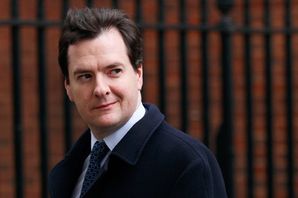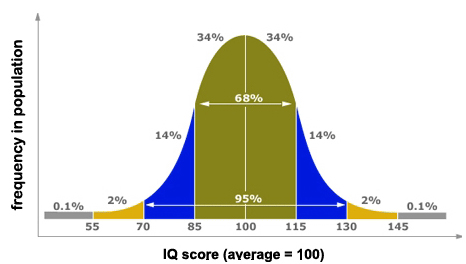7th January, 2013
Reality bites…
… but if Labour is hoping that the cuts kicking in will change the game, it is mistaken.
Writing in this week’s Observer, Andrew Rawnsley argues that the Tories’ overtly political attempt to put Labour on the spot over the proposed welfare caps could backfire badly.
http://www.guardian.co.uk/commentisfree/2013/jan/05/labour-party-bill
The Tories are proposing a 1% cap on increases in most state benefits for three years. They are bringing their plan to the Commons for a vote – even though a vote is probably unnecessary – so that they can put Labour in the position of having either to support it (contrary to its core values) or reject it (and risk looking like the party of “unlimited welfare”).
Andrew Rawnsley’s analysis of this cynical strategic motivation is widely accepted.

But Rawnsley thinks it won’t work out the way Chancellor Osborne expects.
Rawnsley argues that once the “strivers” – those in work but also to some degree dependent on state benefits – realise that they too are going to be adversely affected by the squeeze (and by a raft of other measures which will kick in this year) then they will turn against the Tories.
It’s an argument I would like to be true.
It is a version of the argument going round Labour circles in the spring of 2010. The idea was that, since nasty cuts were inevitable after the election, it would be no bad thing for Labour to accept defeat, let the Tories take the helm for the bumpy ride, and regroup in time for the next election, when surely people would have had enough of austerity.
Again, I hope this line of thought will turn out to be true.
But I fear that it lacks psychological insight.
Rawnsley suggests that when blue-collar voters realise that the cuts are hurting them just as much as they are hurting the scroungers, then, far from punishing Labour for opposing the cuts, they will turn back to them. Biting reality will reverse the “C2 meltdown” of 2010.
I can’t see it.
Because, as Rawnsley himself points out, the Tory spin doctors have done such a wonderful job of dividing the nation, and painting the picture of the closed-curtain layabout getting fat on his couch while the rest of us struggle into work. (In reality, only 3% of the welfare budget goes to unemployed people, and fraud accounts for less than 1% of that 3%. Yet 47% of us think the government is “not tough enough on benefit” and should do more to force people into work. – YouGov)
Because the Tory spin doctors have done such an overwhelming job of pinning the blame for their cuts on Labour.
Because – although Labour (and indeed many right-wing) politicos are at pains to point out that the cuts have yet properly to kick in – the perception of austerity has been with us for two and a half years. We already think we are suffering. We’re already tightening our belts. We feel the pain already. And yet there are no signs of a dramatic shift in mood. The C2s are not flocking to Labour.
Will it be different when the perception of pain is matched in reality? I don’t think so. If I think there’s only £20 in my wallet, and it then turns out there is indeed only £20 in my wallet, I am in no worse a mood.
Even if I did feel worse off when the cuts actually bite, would I need a new scapegoat? If I already thought that scroungers or foreigners or bankers or Labour were the cause of my paltry purse, why would I suddenly change my mind and blame the Tories?
So if Labour is hoping that the imminent reality of austerity will, on its own, clear the path for a return to power in 2015, it is mistaken.
Labour can’t wait for the Tories’ economic strategy to be deemed wrong by dint of time or pain or miraculously changed perception. It must make the argument that the strategy is wrong.
Further, Labour must ensure that the blame for the attack on the state is correctly apportioned.
And above all, Labour needs to understand what the Tories so effortlessly tap into: the psychology of mean-spiritedness. People who are scared, who are feeling the pinch, and who, because of those anxieties, are inclined to believe daft, demonising stories about benefits millionaires need an alternative narrative. A narrative which enables them to feel better about compassion than about righteousness.
That narrative needs crafting, and selling, by Labour. The reality of austerity, on its own, will not do the job for them.
For now, George Osborne has nothing to worry about.



